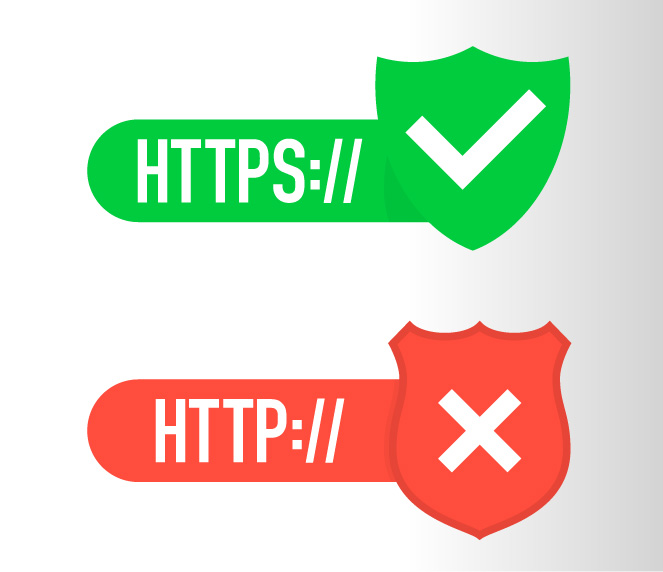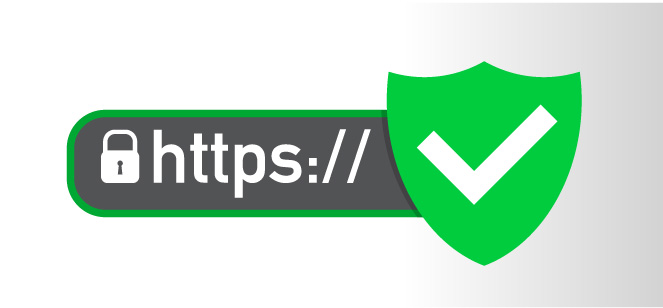The security of a company and its clients has to be present in all the communication channels it uses, as we mentioned in previous posts. the web is the online shop window of any company and, as any establishment has security measures, this one must also have them. That is why we are going to talk about SSL (Secure Socket Layer) technology, but above all about the types of SSL certificates that exist and which one is ideal for your website.
¿Qué es un certificado SSL?
The SSL certificate is a secure connection layer, which allows to encrypt all information that is transferred between a web server and the user’s browser. This serves to protect personal data, access codes and other data that is collected from the users of a website.
How do I know if a website has an SSL certificate?

URL starts with Https:// instead of Http

A padlock symbol will appear in the browser bar before the URL. If you click on it, it will give you all the information about the company to which the certificate belongs, who issued it, its validity date, etc.
Types of SSL certificates:
The types of SSL certificates vary according to the level of security.
OV (Organization Validation): in these certificates the Certifying Authority checks in official databases if the company is an authorized and legal entity, with local headquarters and that is exercising its activity.
EV (Extended Validation): this certification is one of the safest and most trusted as the validation process is very rigorous. Firstly, the Certification Authority validates the real existence of the company, then makes a verification call and finally contacts a responsible position in the company to verify if the company has requested the certificate and if it has an authorised technician to manage it. They can be distinguished by the padlock symbol in the browser bar followed by the company name and Https:// in green.
DV (Domain Validation): this type of certification is the simplest and most basic, since it does not require a very complex validation,simply the Certificate Authority will check if the applicant coincides with the owner of the domain in which said certificate will be established.
Websites with this type of certificate generate a low level of trust because anyone with a domain can apply for it.




